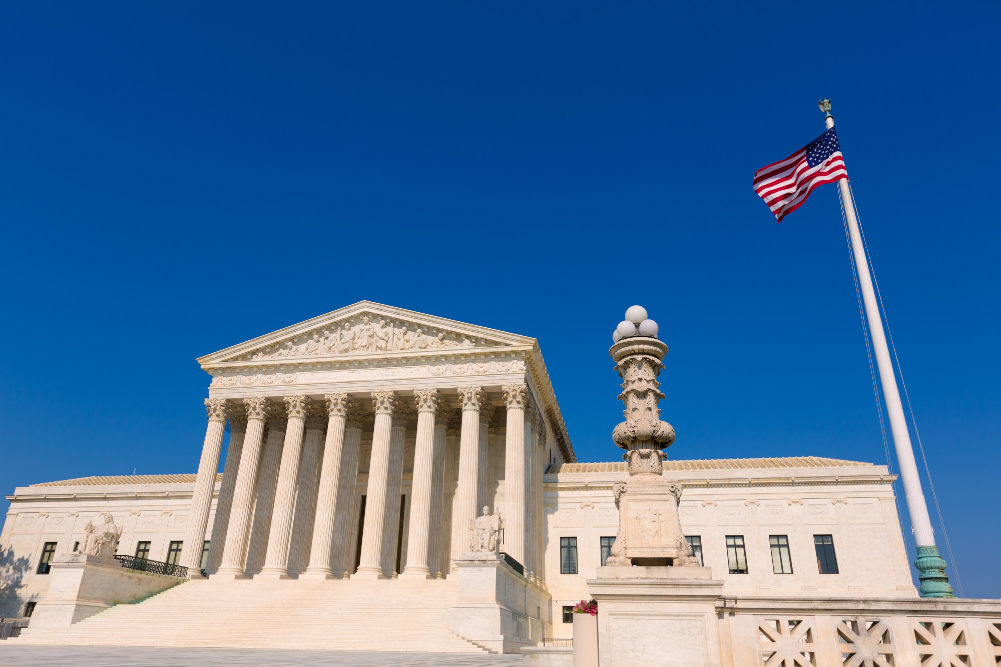Chief Justice Roberts continued in relevant part: But there is also a compelling “public interest in fair and effective law enforcement.” Vance, 591 U. S., at 808. Considering these competing considerations, the Court concludes that the separation of powers principles explicated in the Court’s precedent necessitate at least a presumptive immunity from criminal prosecution for a President’s acts within the outer perimeter of his official responsibility. Such an immunity is required to safe guard the independence and effective functioning of the Executive Branch, and to enable the President to carry out his constitutional duties without undue caution. At a minimum, the President must be immune from prosecution for an official act unless the Government can show that applying a criminal prohibition to that act would pose no “dangers of intrusion on the authority and functions of the Executive Branch.” Fitzgerald, 457 U. S., at 754.
As for a President’s unofficial acts, there is no immunity. Although Presidential immunity is required for official actions to ensure that the President’s decision-making is not distorted by the threat of future litigation stemming from those actions, that concern does not support immunity for unofficial conduct. Clinton, 520 U. S., at 694, and n. 19. The separation of powers does not bar a prosecution predicated on the President’s unofficial acts.
The first step in deciding whether a former President is entitled to immunity from a particular prosecution is to distinguish his official from unofficial actions. In this case, no court thus far has drawn that distinction, in general or with respect to the conduct alleged. It is therefore incumbent upon the Court to be mindful that it is “a court of final review and not first view.” Zivotofsky v. Clinton, 566 U. S. 189, 201. Critical threshold issues in this case are how to differentiate between a President’s official and unofficial actions, and how to do so with respect to the indictment’s extensive and detailed allegations covering a broad range of conduct. The Court offers guidance on those issues.
The Chief Justice was tasked with authoring an opinion to resolve these politically0charged issues in an apolitical way. One way to subtly draw attention to the underlying politics is with citations to authority from other cases. He repeatedly cited cases in which Democratic President Clinton was accused of misconduct. Those citation might be a subtle dig towards the three-Justice dissent. The three dissenting Justices were appointed to the Court by Democratic Presidents Obama and Biden. All six Justices who joined in the majority opinion were appointed by Republican Presidents.

